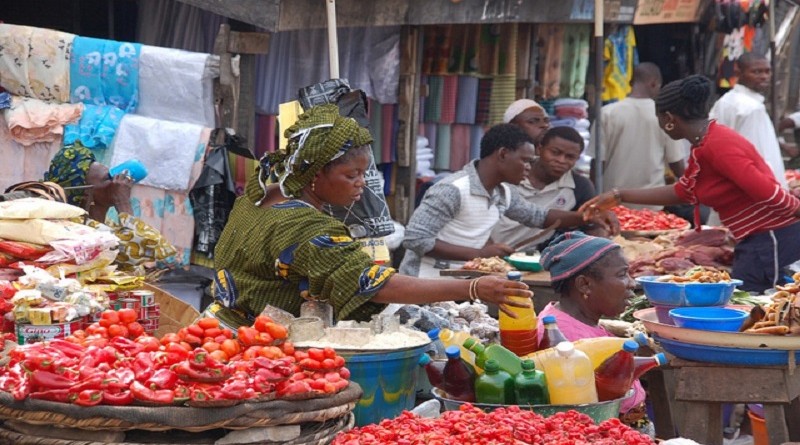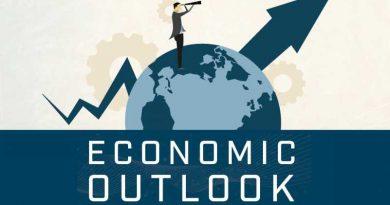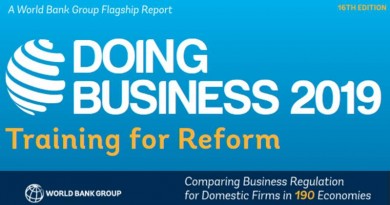Inflation May Go As High As 30% By Year End In Nigeria
The Monetary Policy Committee of the Central Bank of Nigeria (CBN) may need to raise interest rates by at least 700 basis points before the end of the year to reduce inflation, the Bank of America (BOA) has said
Tatonga Rusike, the bank’s sub-Saharan Africa economist, said in an interview with Bloomberg that the rise was required to combat increasing inflation brought on by the withdrawal of fuel subsidies and the unification of foreign currencies.
According to Rusike, given the existing circumstances, inflation may accelerate from 22.4 percent in May to 30 percent by the end of the year, necessitating a rate increase by the central bank of the country.
He added that if this choice was not made, foreign investors could be hesitant to make an investment in the nation.
“By the end of the year, inflation may have accelerated from 22.4% in May to 30%, necessitating a monetary policy response from the central bank, or, more specifically, an increase in interest rates of at least 700 basis points.
Foreign investment into the nation will be less likely if the negative real interest rate does not reverse, according to Rusike, who also noted that “it is less likely they (CBN) will do such level increases.”
The benchmark interest rate was further advanced by the MPC during its final meeting in May 2023, when it was increased by 0.5% to 18.50% from 18.00% in March.
The increase hasn’t, however, stopped Nigeria’s spiralling inflation, which reached 22.41% in May 2023 as opposed to 22.2% in April 2023.
The National Bureau of Statistics ascribed the increase in the average price of goods and services during the month under review to the 24.82% increase in the rate of food inflation in its report from last month.




